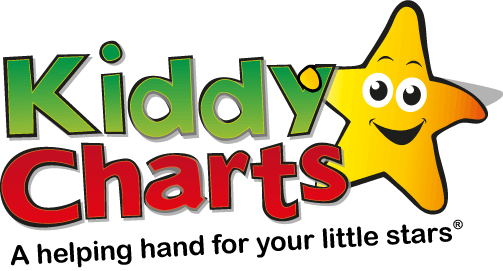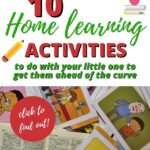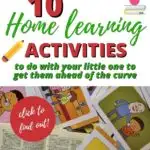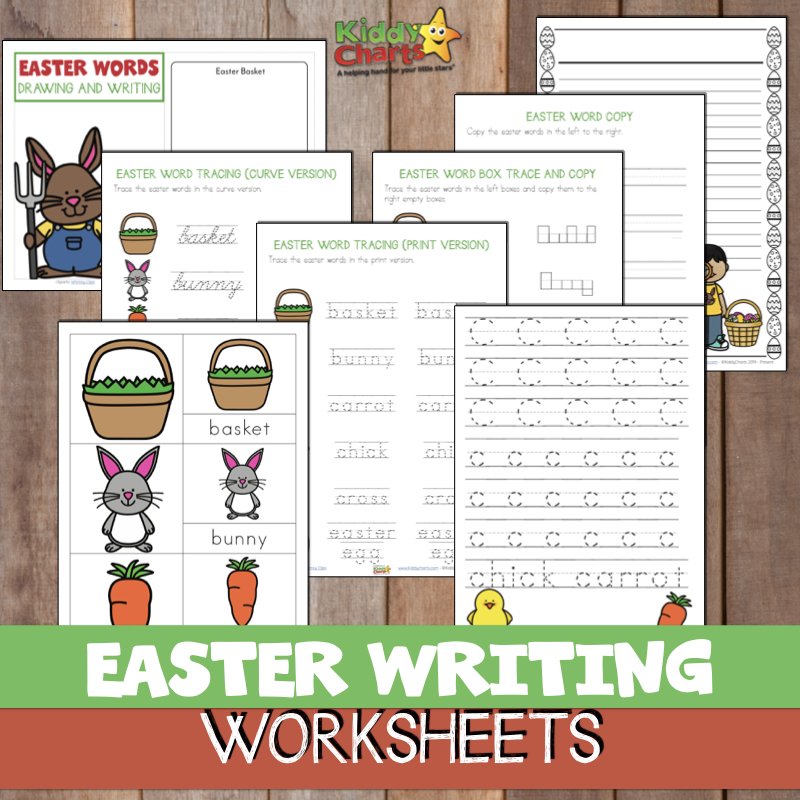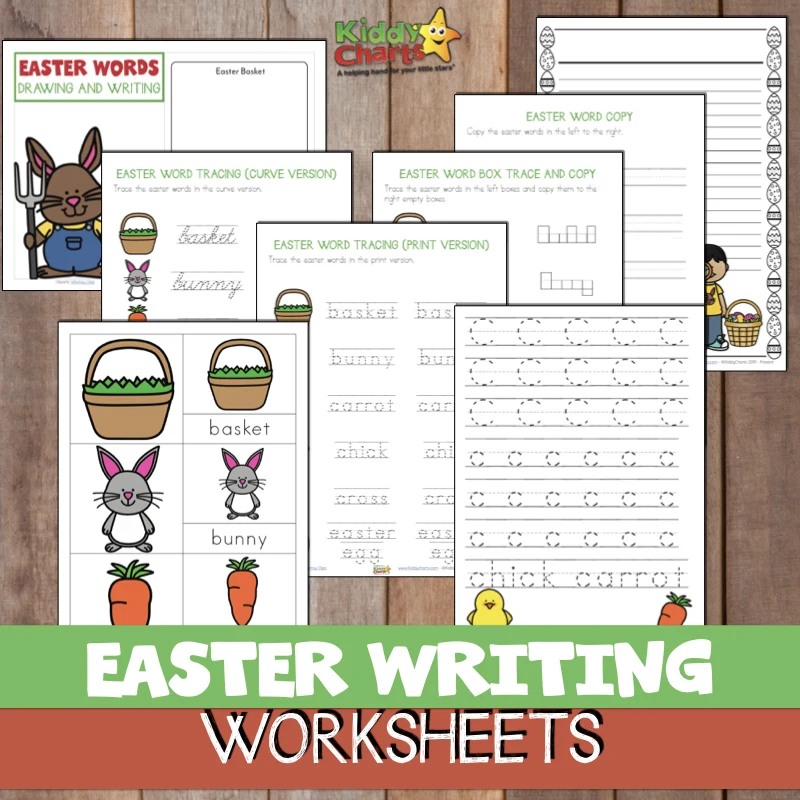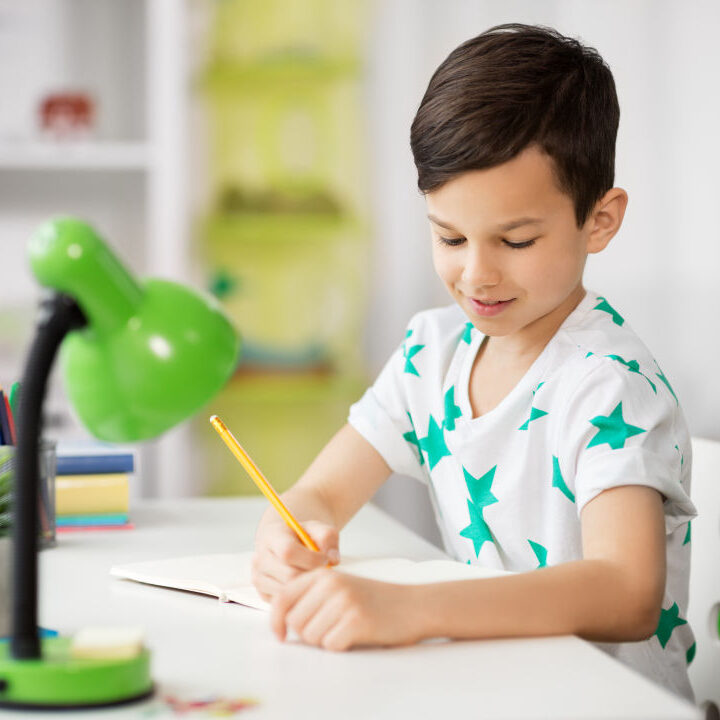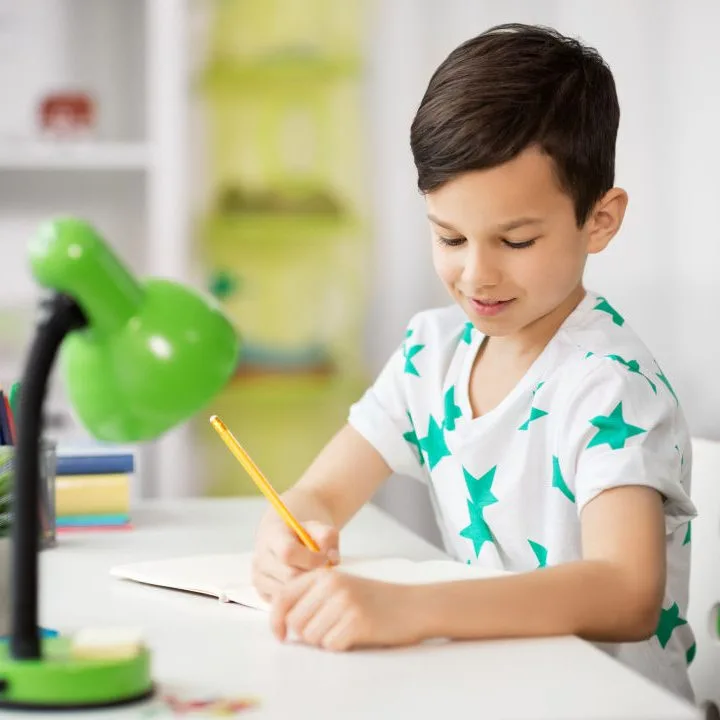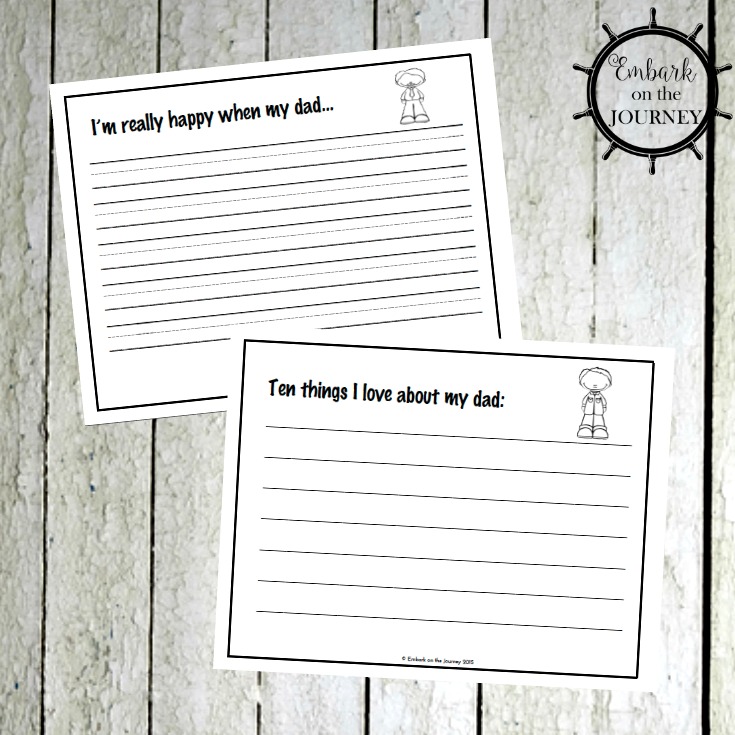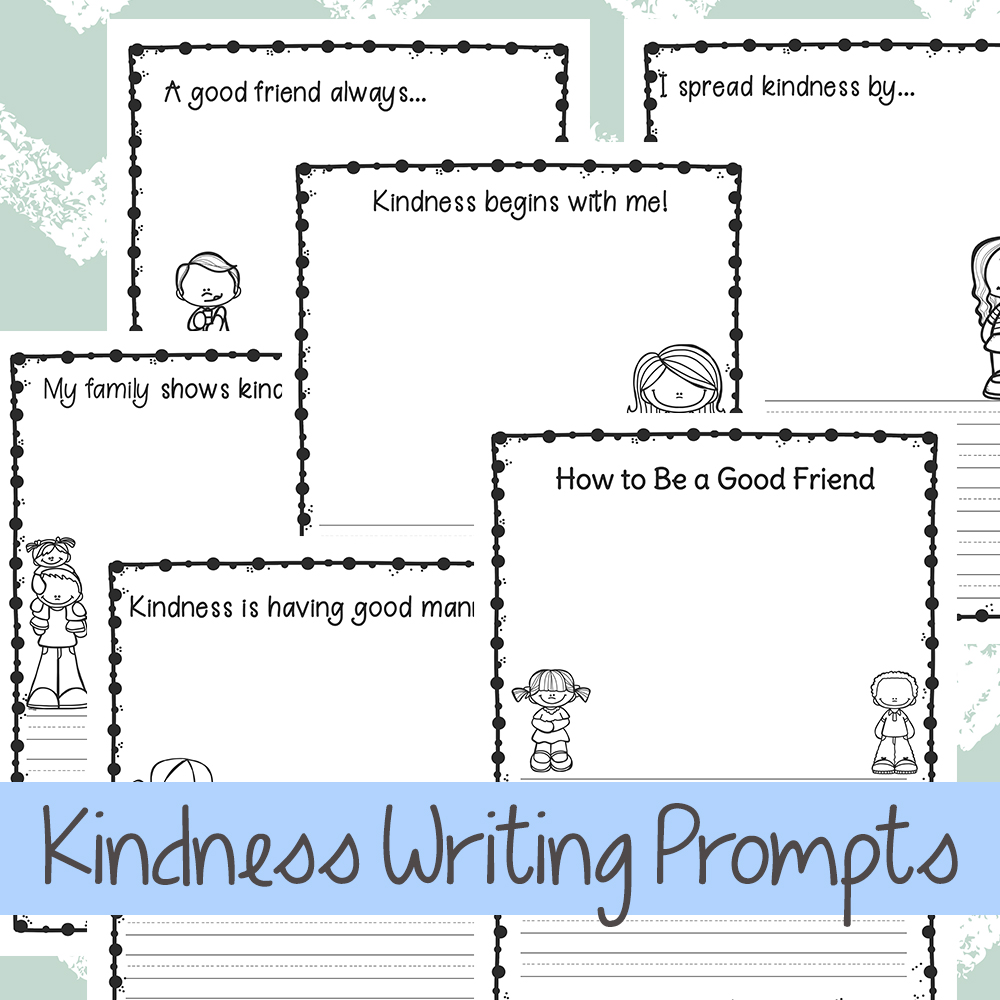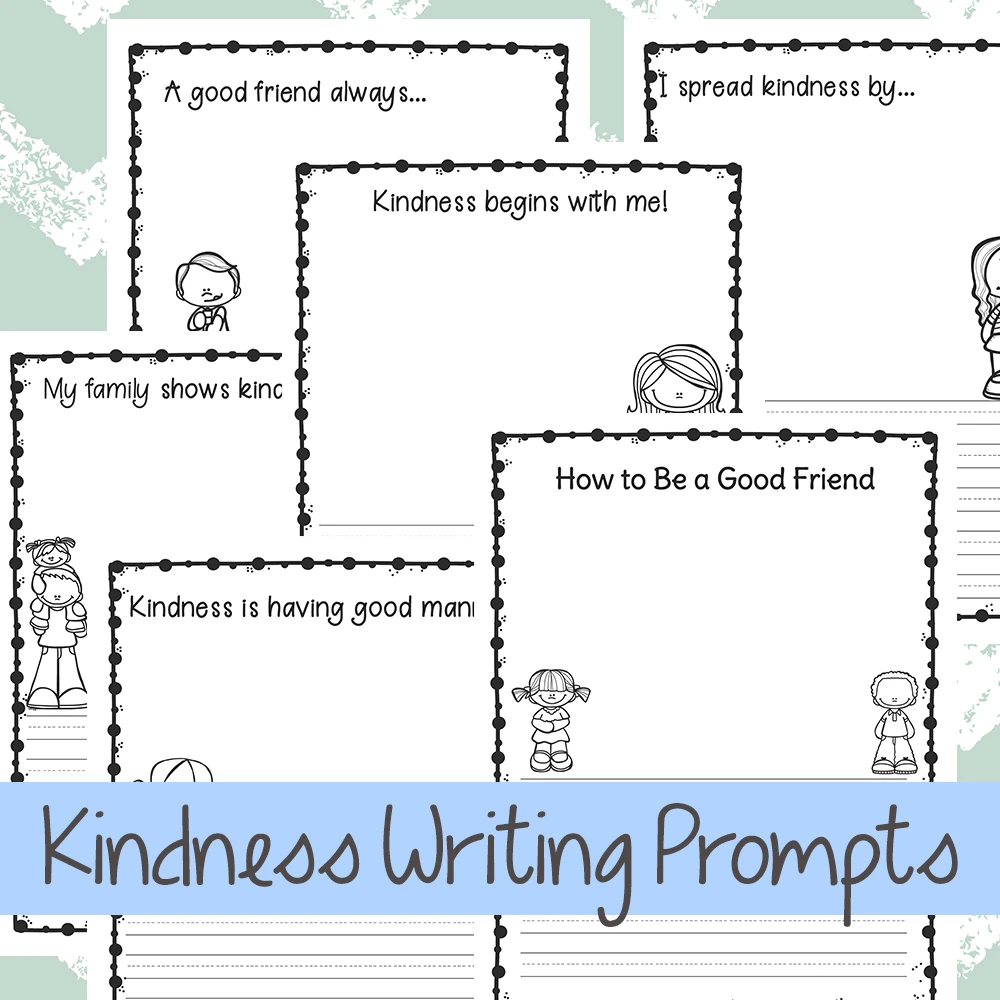Playing home learning word games with your child does wonders for their literacy skills while keeping them entertained. Whether your child is in school or home learning, you give your little one a leg up on literacy when you play word games during the day. At a loss for ideas, though? Here are ten great home learning games to try that improve literacy.
This is a collaborative post.
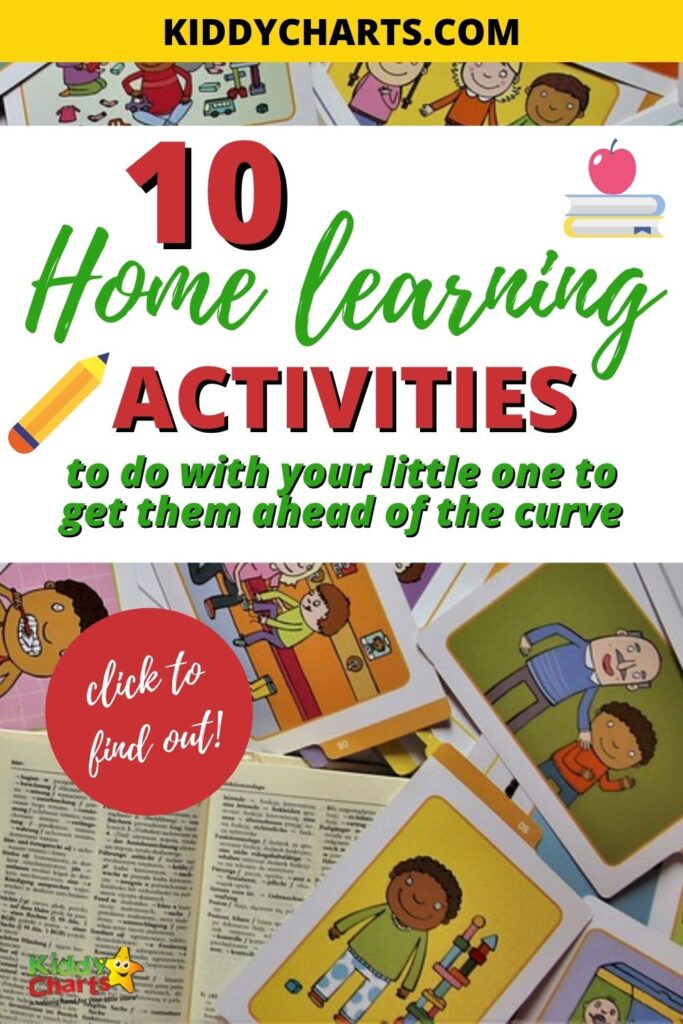

1. I Spy
A classic game you can play anywhere, I Spy involves finding an object, saying, “I spy with my little eye,” and naming the first letter with which the object’s name starts. You can also use its shape or color. Children learn to correctly identify and describe objects this way. We’ve got some i-Spy ideas on the site for you to check out.


2. Make a Word
If you have magnetic letters, blocks with letters on them, or anything along those lines, have your child make words with them. You can start playing this game using simple words when they’re very young; an excellent way to start home learning early.
This is probably one of the best word tools for kids, particularly little kids. It helps them start learning to read and spell basic words, which allows them to build a good literacy foundation.
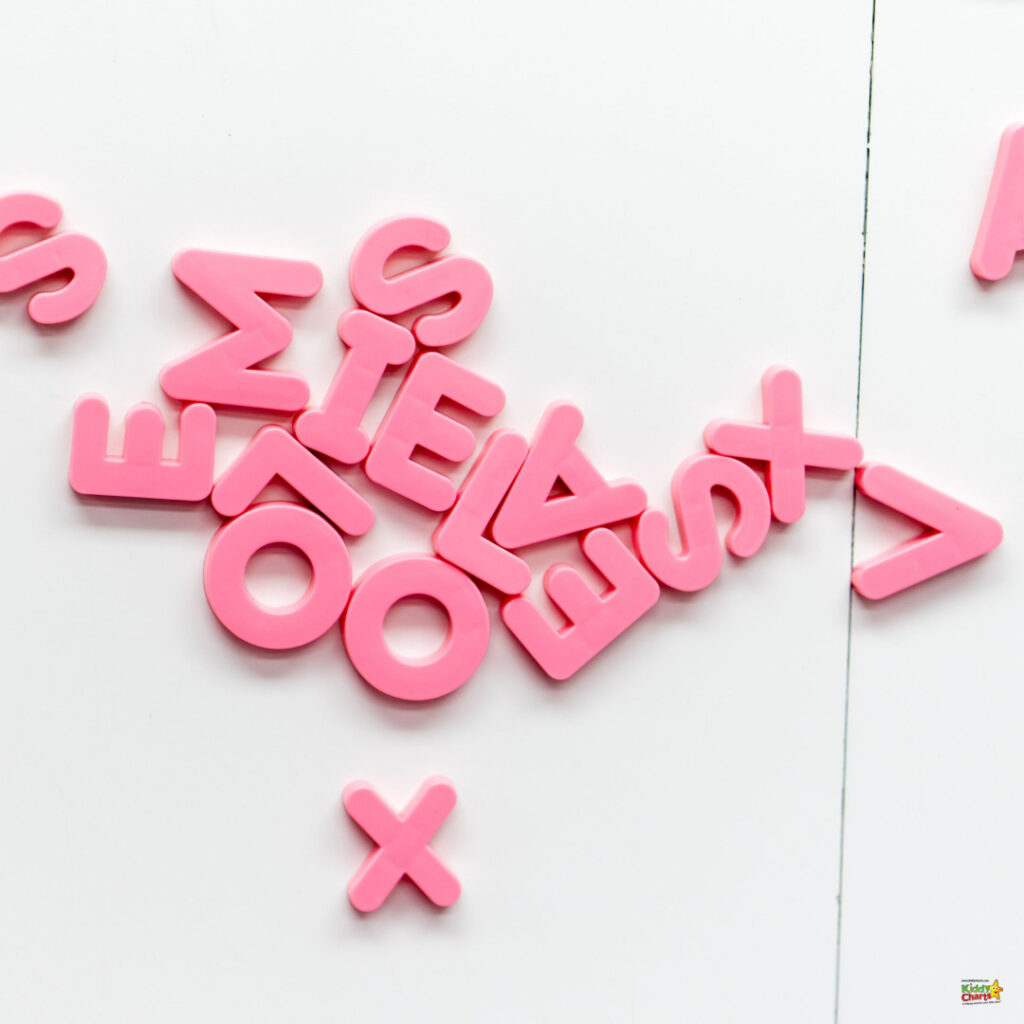

3. I Went to the Zoo
Start with, “I went to the zoo, and I saw a…” and have your child choose an animal. Then they say, “I went to the zoo, and I saw a…” and either you or the next player names that animal and adds their own. Each animal name should start with the same letter until you’re out of animals.
Another way to play is to have each animal’s name start with a letter of the alphabet and go in order. You begin with, “I went to the zoo, and I saw a…” and your child responds, “Antelope.” Then they say, “I went to the zoo, and I saw a…” and the next person says, “Antelope and bear.” It expands children’s vocabularies and, if they’re younger, reinforces the alphabet.


4. Hangman
This game likewise reinforces the alphabet and expands vocabulary. Think of a word, then draw the appropriate number of spaces for it on a piece of paper, along with an upside-down “L” for the hangman. Then have your child guess which letter your word starts with. If they guess the letter “g” and they’re wrong, say, “My word starts with a letter that comes after ‘g.'”
Each time they guess wrong, you draw a piece of a stick figure. The goal is for them to figure out your word before the stick figure is complete.

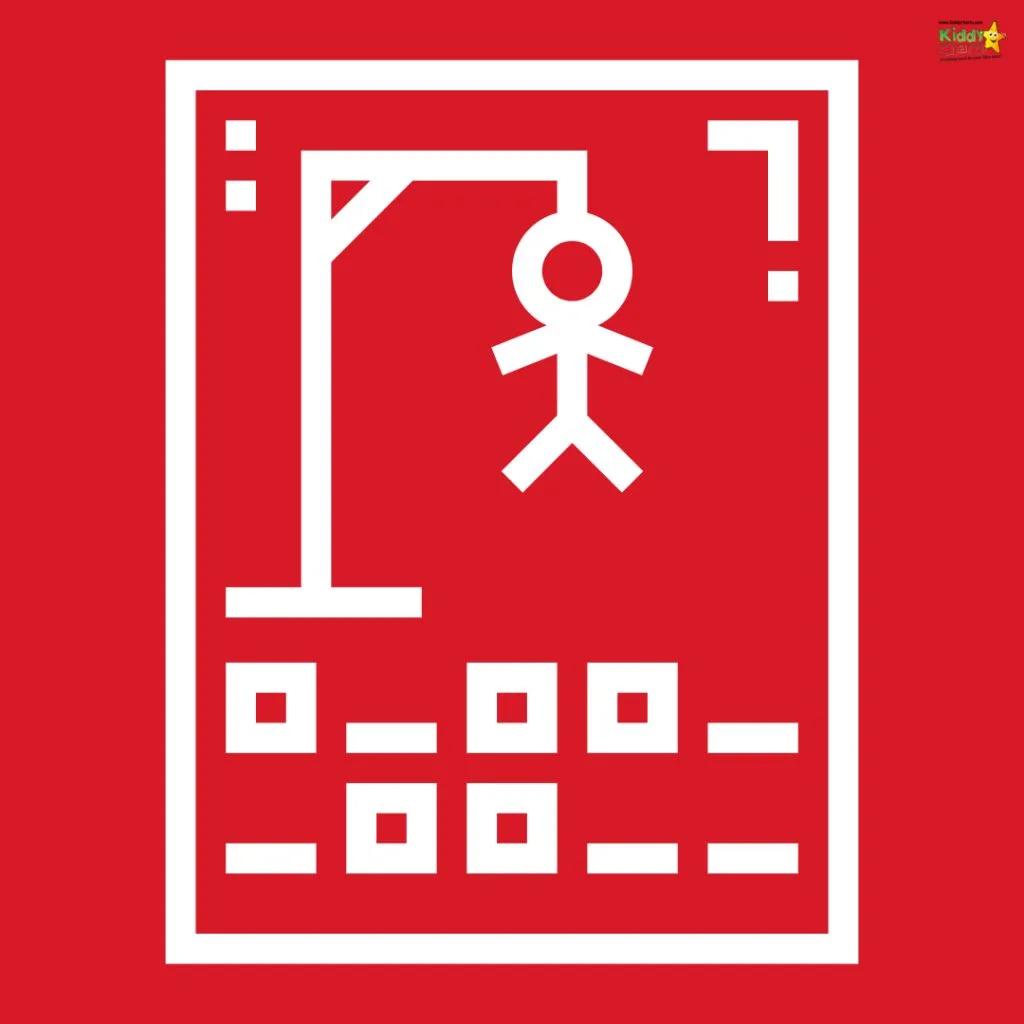
5. Hink Pink
Hink Pink is a rhyming game, and rhyming is an essential part of language development. You begin by thinking of a two-word phrase that rhymes, such as “fat cat.” Then give your child hints, like, “a pet that overeats.”
There’s a reason Dr. Seuss has so many stories that rhyme. Learning how to rhyme helps children develop their reading and thinking skills, and may even turn them into young poets!


6. Name Game
You start this game by having your kid write their name vertically down the left side of a piece of paper. Then use each letter as the first letter in an adjective that describes them. So “Eve” might be “Eager, vibrant, energetic.”
You can also use each letter as the start of a sentence with older children.


There is, of course, a variation on this that you can do with any word – the acrostic poem. Try getting them to write one of these with their name, or words that are relevant to the current season. Some of our literacy activity sheets have acrostic poems within them, so do check them out.
7. Words Within a Word
Choose a word and have every player write it down. Then have everyone write down as many words as possible with the letters of the first word within a specific period, say, five minutes. You’re teaching your child how to identify words that aren’t immediately obvious, and you’re teaching them anagrams. Anagrams are excellent brain exercises.


8. Meanings
Choose a word and then have your child write down as many synonyms as they can think of. If you’re playing with multiple children, the child with the most words wins.
If your child is under ten or so, you might have to help them out early on. Regardless, learning synonyms expands vocabulary, helps them learn how to write descriptively, and advances their reading skills.


9. Letter Ladders
Draw a ladder on a piece of paper and choose a word to put at the top. Then have your kids change one letter to make a new word and put it on the next rung down. Whoever gets farthest down the ladder wins. Your children learn and reinforce their spelling and creative skills with this game.


10. Story Prompts
This game helps develop and strengthen your child’s creativity. Begin with a sentence, and then ask your child to continue the story with another sentence. The more players you have for this, the more interesting the story becomes. Children learn how stories can take unexpected twists and turns, as well as developing their creative thinking. We have a few ideas for writing prompts within the site, including an Easter writing prompt learning pack.
Final Thoughts About Home Learning
We all want what’s best for our children, and helping their development early on by home learning is a sure sign that they will continue to learn and grow.
With just these few simple, entertaining, and educational games, you can keep your little ones entertained while educating them at the same time.
Why not take a look at some of the games and ideas we have on KiddyCharts to help improve your kids literacy?
Literacy ideas on KiddyCharts
Here are some of the resources that we have on KiddyCharts to help improve kids literacy, including some writing prompts for them.
Easter writing worksheets and eBook
Worksheets with an Easter theme, including writing prompts and literacy ideas for your children.
Positive writing prompts for kids emotional development #31DaysOfLearning
Positive writing prompts to encourage good thoughts, as well as good literacy!
End of year journalling and writing prompts for kids
This is an excellent activity to help kids to look back on what has happened to them. You can adapt for other times of year, not just as an end of year activity.
There are other ideas beyond our site too, so do take a look at these too when you have a moment….
Writing prompt ideas from the internet
Some more ideas for writing prompts to help with literacy from the internet and fellow children's sites.
Printable Star Wars Writing Prompts
Frugal Fun for Boys is a fabulous site - and we couldn't resist these Star Wars writing prompts. Sure to get any fan interested!
10 Printable Father's Day Writing Prompts for Kids
As we said above, writing prompts are typically focused on a specific topic; here are some Father's Day ones.
Kindness Writing Prompts for Kindergarten
Kindness is a key theme on KiddyCharts - so we thought that these writing prompts might appeal to you as well from Natural Beach Living.
Thanks so much for stopping buy and checking out this article. We would love to have you again – so why not sign up for our newsletter. We’ll give you details of our articles as we release them.
We hope to see you on the site again soon. Take care,
Helen


